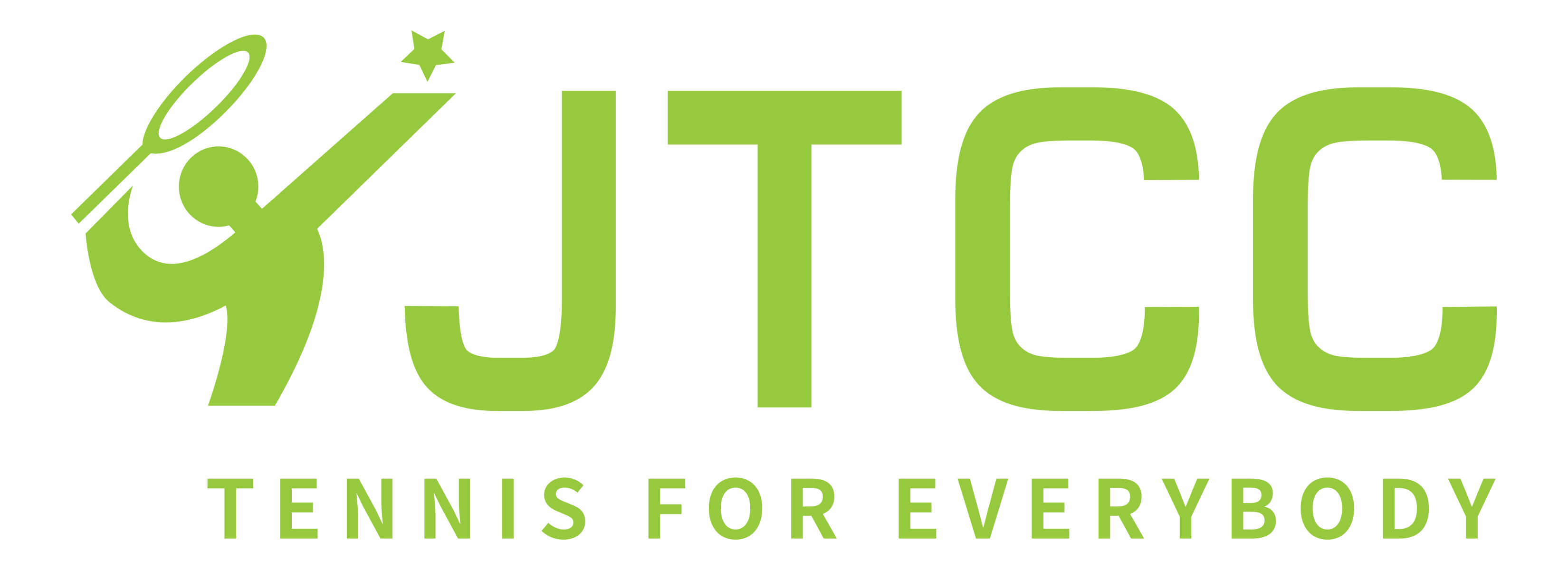The following is an excerpt from The Green and Gold, Junior Tennis Champion Center’s school newsletter. The content is written by JTCC players and families. The editor-in-chief is student-athlete Mackenzie Clark.
Nutrition and adequate rest are often thought of as secondary to practice and working out, especially to athletes like yourselves. But nothing could be further from the truth.
For one, and quite literally, you are what you eat. The macro- and micro-nutrients in the food you eat is what your body uses to grow. Additionally, hormones released during your regular sleep cycle are categorized as anabolic, meaning they are responsible for growth, in particular, muscle growth. Here are some quick points for you guys to consider everyday. Keep in mind that tennis,
even more so than any other sport, requires an enormous amount of energy, in terms of calories.
1. 8 cups of water a day is no longer the recommendation. You should be drinking half of your body weight in ounces of water. If you’re 150 lbs, that means 75 ounces of water. Now, this doesn’t take into account any major physical exertion. For every hour of major physical exertion (hitting, lifting, running), you should be drinking an additional 20 ounces of water, obviously depending on body weight.
2. As athletes, burning thousands of calories per day, you should be eating every 2–3 hours. Eat a large breakfast, have a good-sized snack mid-morning, lunch, one or two snacks before dinner, a full dinner, and then a snack before bed. Listen to your body, a grumbling stomach isn’t just annoying, it’s a direct sign from your body that you NEED to eat. Low-fat proteins (turkey, chicken, veal, fish, even beef), plenty of greens, and even large portions of starches (brown rice, potatoes, squash) should make up your meals.
3. When shopping for food, try and look for some healthier options. Foods high in sugar will not help you. For example, one slice of whole wheat bread contains 15g of sugar! On everything you buy, don’t look at the fancy marketing, look at the nutrition facts. Look at the ingredients. Look for “organic” and “non-GMO”. Look for shorter ingredient lists. Good food is simple food.
4. Gatorade, PowerAde, Vitamin Water…it’s all sugar-water. They’re adequate in a pinch, but try and make your own “smart water” every morning. Cut up some fresh organic fruit (oranges, lemons, grapefruit, limes, etc.), put them in a pitcher with water and mix. It’s a nice refreshing taste and extremely healthy. Add some mint or fresh ginger for anti-oxidant content. Add a couple ounces of fresh (not from concentrate) organic cranberry juice for a fun twist.
The more mindful you are of what you put in your body, the better you will be able to perform on the court, in the classroom, and in everyday life.



